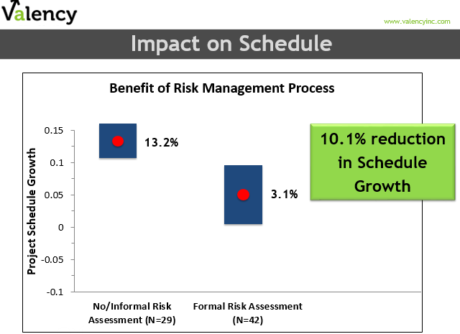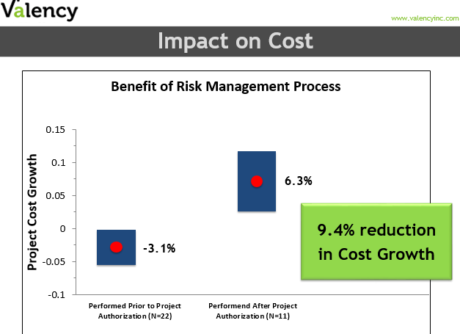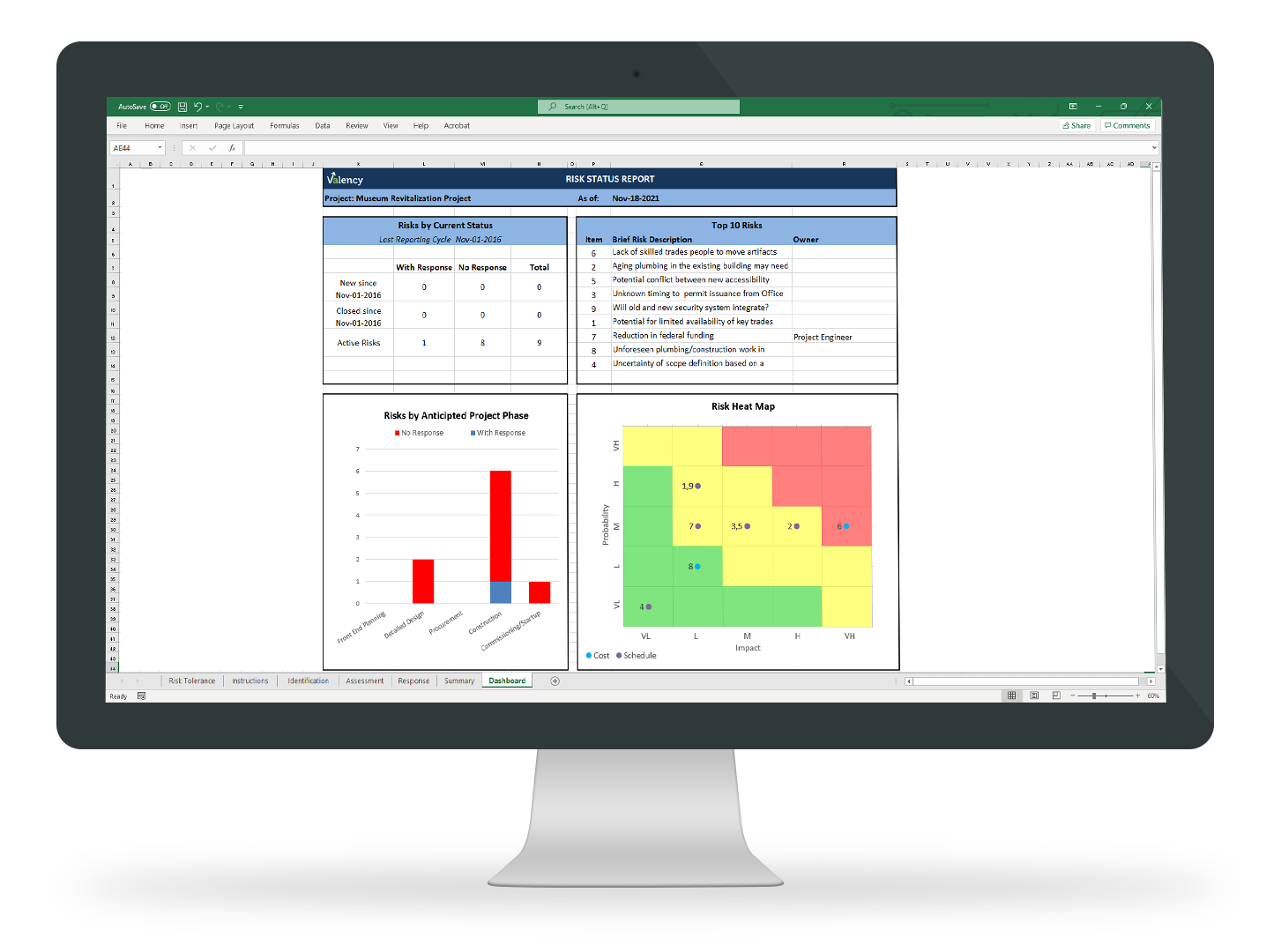What is Project Risk and How Can You Manage it Effectively?
The definition of project risk from the Project Management Institute is “an uncertain event or condition that, if it occurs, has a positive or negative effect on project objectives.” So often we only think of project risk in terms of the negative, but it really comes back to focusing on the uncertainty of an event or condition.
Project Risk Management refers to the process of controlling those positive and negative effects so that we can ensure project success.
Varying Perceptions of Risk
Your role in a capital project has a big influence on our perception of risk. What may be a risk for an Owner, may not be a risk for a contractor.
If you’re an Owner, the primary risks you may be concerned with include:
- Certainty on your capital, operating and maintenance costs
- Qualifications of designers and contractors, and
- Technological uncertainty
If you’re a designer, you’re responsible for exercising proper judgment and diligence in performing design and engineering duties. As such, you may be concerned much more with risks that could impact your:
- Evaluation of alternatives
- Local codes, regulations and safety requirements, and
- Provisions for adequate designs and specifications.
If you’re a contractor, you face a wide array of risks with every project. Your focus may include risk factors such as:
- Labour availability and productivity,
- Qualifications of your subcontractors and suppliers,
- Strikes, and of course
- The owner’s ability to provide a well defined scope
In addition, depending on how contracts are written risks such as differing site conditions could be a contractor risk, or transferred from the contractor to the Owner.
Benefits of Formal Risk Management
Over the past 10 years, the practice of risk management received significant attention with large capital projects. Many of our organizations have seen first hand the benefits of adopting a formal risk management plan in large projects, including:
- Enhanced collaboration and discussion among project stakeholders,
- When we initiate risk identification early in the project lifecycle, we have an ability to proactively work through risk responses and manage risk,
- When a risk register is included as part of our regular project communications, there is an increased transparency on risk with the entire project team,
- All of these steps help project leaders have increased confidence to act decisively, and finally,
- The statistics tell the final story. Managing risk, clearly helps us manage project schedule and cost more effectively.
The great news is that these same benefits are achievable in smaller projects, provided we scale the risk management process to properly fit the project size and complexity.
Impact on Schedule
For schedule driven projects a formal risk management process can have a huge impact on meeting project delivery targets. In fact, CII benchmarking research shows that organizations with a formal risk management process see a 10.1% reduction in schedule growth.

Reference: “BMM 2010-4 CII Value of Best Practices Report,” Construction Industry Institute, 2010.
Impact on Cost
Similarly, a formal risk management process also impacts cost performance. CII benchmarking research gives us even more specific insight, showing that when the risk management process is initiated prior to project authorization, projects experience a 9.4% reduction in cost growth over projects that initiate the risk management process after project authorization and front end planning is complete.

Reference: “BMM 2010-4 CII Value of Best Practices Report,” Construction Industry Institute, 2010.
So how can we get there?
Adopting a risk management process based on industry best practices is one of the best ways to manage risk and deliver these projects on time and on budget. If you see strong potential for risk management in your organization, but would like to dig a little deeper first, I’d encourage you to consider attending one of our upcoming public courses on “Risk Management Principles and Practices.”
Upcoming Training Course: Project Risk Management Principles & Practices
This course is designed specifically for project leaders in the construction industry who are looking to effectively implement best practices in project risk management from the Construction Industry Institute.
You will learn how to apply practical and easy-to-use strategies for:
- Creating an environment where stakeholders feel safe to identify risks
- Protecting against our natural optimism bias that leads to unrealistic project assumptions and estimates
- Presenting construction-specific risk identification strategies and checklists
- Utilizing configurable risk assessment templates and tools for risk monitoring and reporting

